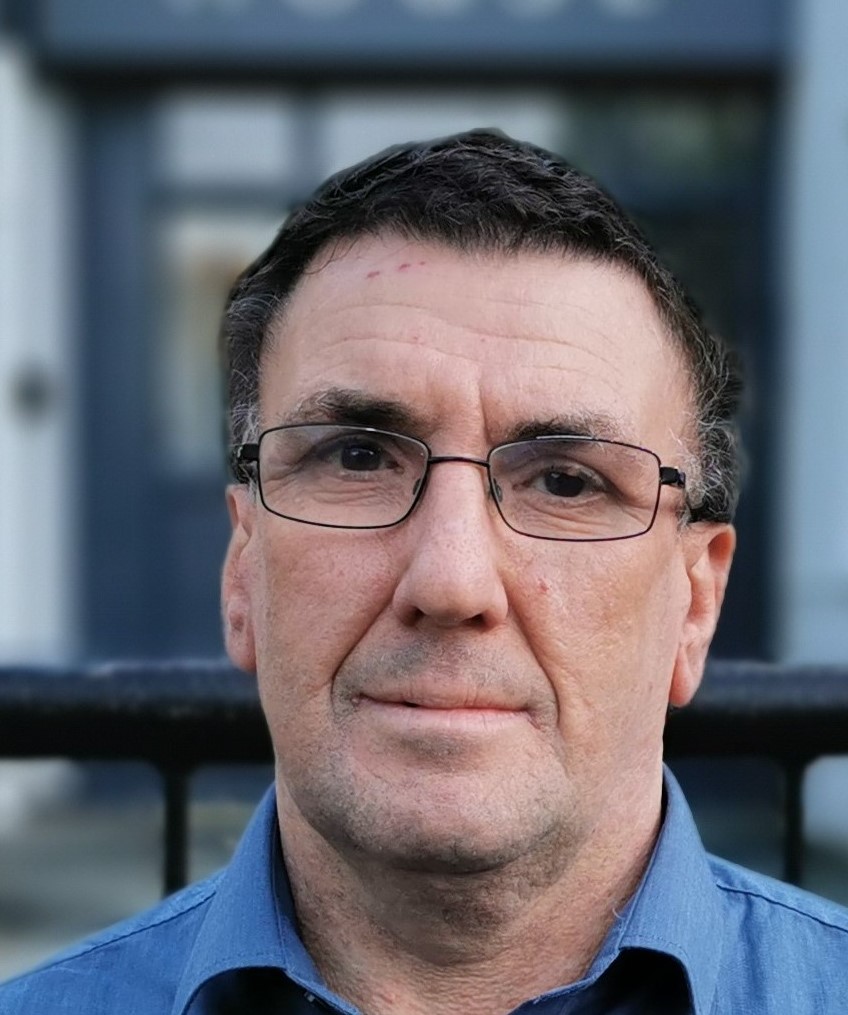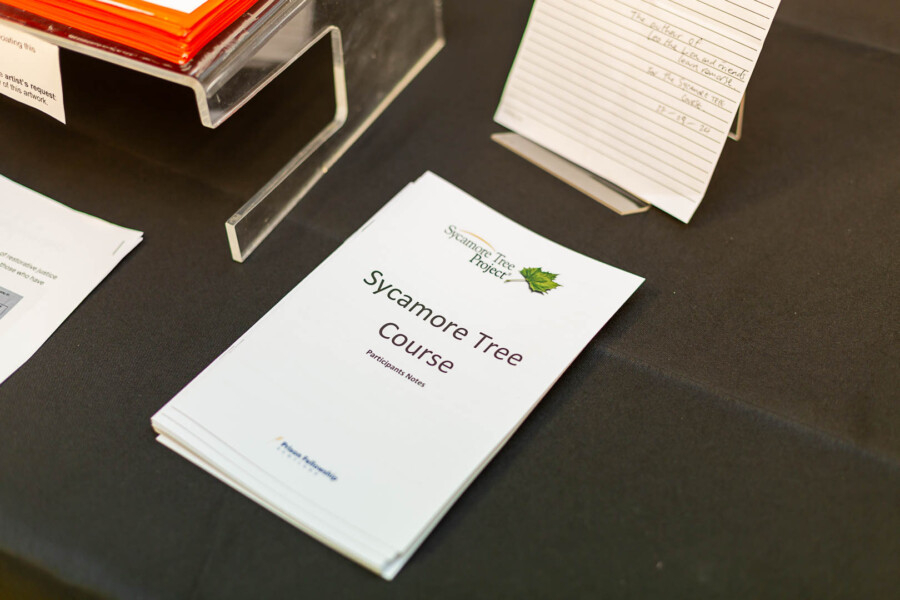We need to listen to people in the justice system
John Nonhebel, executive director of Prison Fellowship Scotland talks about restorative justice work carried out by the faith-based charity as he marks Prisoners’ Week and also Restorative Justice Week
NOTE: The views expressed are of the author and do not necessarily represent the views of Community Justice Scotland and other organisations that may be mentioned.

Part of what I do in my job at Prison Fellowship Scotland is to help run the Sycamore Tree course, a programme based on the principles of restorative justice which helps people in prison take responsibility for the harm they have caused. In practice, this means I get to go into prisons across the country, speaking to men and women – and also listening to them.
One of the activities we do early on in the course is to discuss the word “restore” and what it means. Participants often start by talking about things they have restored or things others have restored, things like furniture, homes, or cars, but the conversation often turns to restoring relationships, trust, or health. Then when we dig into what restoration truly means, my favourite response – and one I hear quite often – is, “To restore means to make things the way they are meant to be.” I love this because I think it’s so much better than simply restoring things to what they used to be. Let’s face it – not all of us will have had the best start to life, often as a result of trauma faced early on. Finally, we ask what it takes to restore something, and participants tell us about the time, effort, and need for help from others that restoration often requires. This exercise is always meaningful, and I almost always learn something new from those taking part.
This week, as we mark Prisoners’ Week with the theme Hear My Voice, I’ve been reflecting more on this importance of listening. Listening to the voices of those in prison, hearing their experiences, and asking myself, “What can I learn from them?”

In conversations with people in prison, I’m often struck by how many feel that prison doesn’t work for them. They acknowledge their wrongdoing and accept the need for punishment, but they talk about how there is little focus on looking ahead in a positive way—on breaking out of the cycle of crime, addiction, and hurt that so many are trapped in. Listening to these voices, I think again about restorative justice which I believe can be highly effective. At the heart of this concept are two words: justice and restore. What many of us really want is a type of justice where the focus is on restoration, on hope, on new beginnings, and fresh starts.
Coming back to the theme Hear My Voice, I find myself asking, “What is my part in this?” If someone is asking me to hear their voice, am I responding in a way that truly listens to them and values what they are saying? Prison is, sadly too effective at telling people that they no longer matter—that their voices don’t need to be heard. I hope this year’s theme challenges this and helps us better understand that justice that restores begins by listening and by recognising the humanity in every voice.
So, here are a few things I am going to try to do when I go into prisons:
- I want to be a better listener, to actively listen and try to understand.
- After listening, I will try to give hope – to offer a message that change is possible and that things can be better.
- I will try to see the individual behind the voice, to look at the person and see their potential to do good.
———-
- Listening to Distant Voices – when and why punishment fails? event is taking place on Friday (note: 22 November) from 7pm-9pm in Glasgow with live music, spoken word and discussion with Fergus McNeill and Dani Garavelli, as well as Jo Mango & Louis Abbott from ‘A Giant on the Bridge’. For details go to Eventbrite.
